

SACT Regional Guidlelines
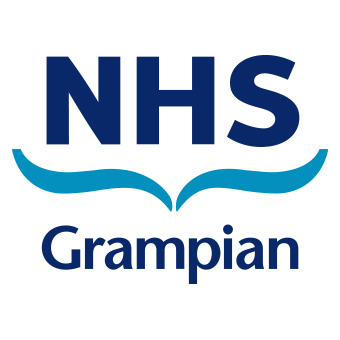
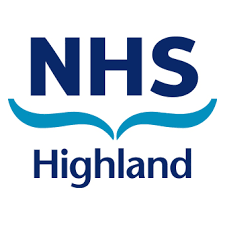
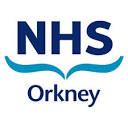
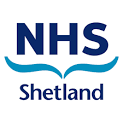
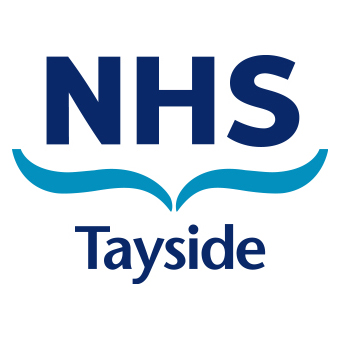
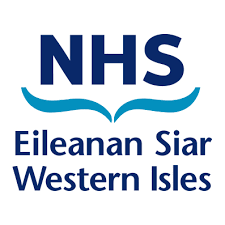
SACT Guidelines
Guidelines and protocols to support healthcare professionals to give Systemic Anti-Cancer Therapy (SACT) safely and treat any side-effects or complications that patients receiving SACT may experience.
The NCA coordinates the development of a regional approach to the management of SACT in our six North of Scotland health boards.
Below are the current guidelines; over time more will be added to this page:
Supportive Treatment Guidelines for Management of SACT Toxicities
| Title | Reference Number | Approved |
| Constipation | NOS-STG-004 | October 2018 |
| Diarrhoea | NOS-STG-003 | October 2018 |
| Hypersensitivity Reactions | In Development | |
| Immunotherapy Toxicity Management | NOS-STG-009 | March 2019 |
| Mucositis | NOS-STG-005 | August 2018 |
| Nausea and Vomiting in Adult Patients | NOS-STG-002 | May 2018 |
| Skin Toxicity | NOS-STG-006 | October 2018 |
| Tumour Lysis Syndrome | NOS-STG-007 | March 2019 |
Neutropenic Sepsis
| NHS Board | Title | Reference Number | Approved |
|
Grampian, Orkney & Shetland |
Neutropenic Sepsis | In Development | |
| Highland | Neutropenic Sepsis | In Development | |
| Tayside | Neutropenic Sepsis | In Development |
Other clinical guidelines in use per Board
| Title |
Grampian, Orkney & Shetland |
Highland | Tayside |
| Intrathecal Policy | |||
| Management of Extravasation | |||
| Influenza vaccinations | Guidance (October 2018) | Guidance (September 2018) |
Procedural guidelines
| Title | Reference Number | Approved |
| SACT Administration | In Development | |
| Spillage and Safe-handling of SACT | In Development | |
| Management of cytotoxic waste | In Development |
Disclaimer
Every effort has been made to ensure the accuracy of the information and recommendations contained within SACT guidelines. However, since cancer treatment is constantly evolving, it cannot be guaranteed that guidelines are always fully up to date.
